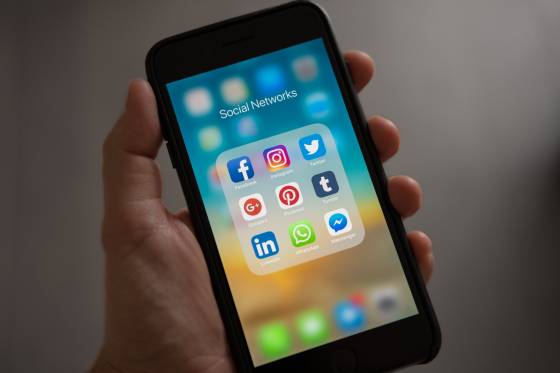In today’s increasingly saturated market, people crave genuine and natural connections. Customers want to not only understand the products and services they are purchasing, but also the individuals and companies behind them. It has become clear that if businesses are going to truly draw people in 2021, they need to form an emotional connection with their audience.
In recent years the importance of using an organic communication style for this task has grown exponentially; natural forms of communication allow people to connect to an emotional story which can legitimises a brand and its purpose. Engaging with people beyond traditional advertising is essential for this, particularly for large businesses and their senior representatives, as this allows companies to sell themselves in a more frank and sincere manner.
Social media is unsurprisingly a key part of this issue, as building a presence on platforms like Twitter, LinkedIn, and Instagram – for both b2c and b2b companies – has increasingly become more than just a nice-to-have. CEOs in particular have demonstrated the benefits of using these platforms to quickly reach and interact with target audiences, sharing their voice directly with their followers away from the glitz and glamour of advertising campaigns.
One great example of this comes from Ben Francis, who is the founder and CEO of Gymshark, a brand that specialises in gym apparel. Francis is a very young CEO – he founded Gymshark when he was still a teenager in 2012 – so perhaps it is less surprising how adept he is at utilising social media. Nevertheless, Francis represents a great model for executives of all ages to aspire towards; Francis uses a personal LinkedIn blog series and YouTube channel to share his story and the lessons he has learnt along the way, building an engaged audience of fans.
Clearly this form of direct communication is positive, but it’s important to ask – at what stage can organic, unfiltered communication go too far?
A series of recent high-profile cases have brought this issue to the fore, as some CEOs have simply crossed the line when it comes to their public tweets; executives at some of the biggest companies on the planet haven’t practiced a think before you tweet policy, instead sharing thoughts best kept private.
Jitse Groen, the CEO of Takeaway.com which owns Just Eat, provides one such example of this. A recent Twitter spat between Groen and Dara Khosrowshahi (CEO of Uber) resulted in investors warning that Groen’s behaviour was potentially significantly damaging Just Eat’s market value, as each executive attacked the others business’ practices[1].
Groen’s behaviour, however, pales in comparison to the king of inappropriate CEO tweeting: Tesla CEO, Elon Musk. Although Musk has clearly benefitted somewhat from using social media to cultivate an audience of online devotees, his incredible missteps on Twitter should remind CEOs and brands everywhere of the power of restraint. For all the good, there have been a lot of bad – tweeting that the price of Tesla stock was simply too high, which led the company to trade at a price 10% lower the next day[2] – and some frankly ugly – calling a British diver involved in saving a group of Thai boys trapped in a cave system a ‘pedo guy’[3] – tweets. Musk clearly stands as an example of how unfiltered communication can go too far, as he has effectively plunged his own company into crisis mode on regular occasions.







Comments